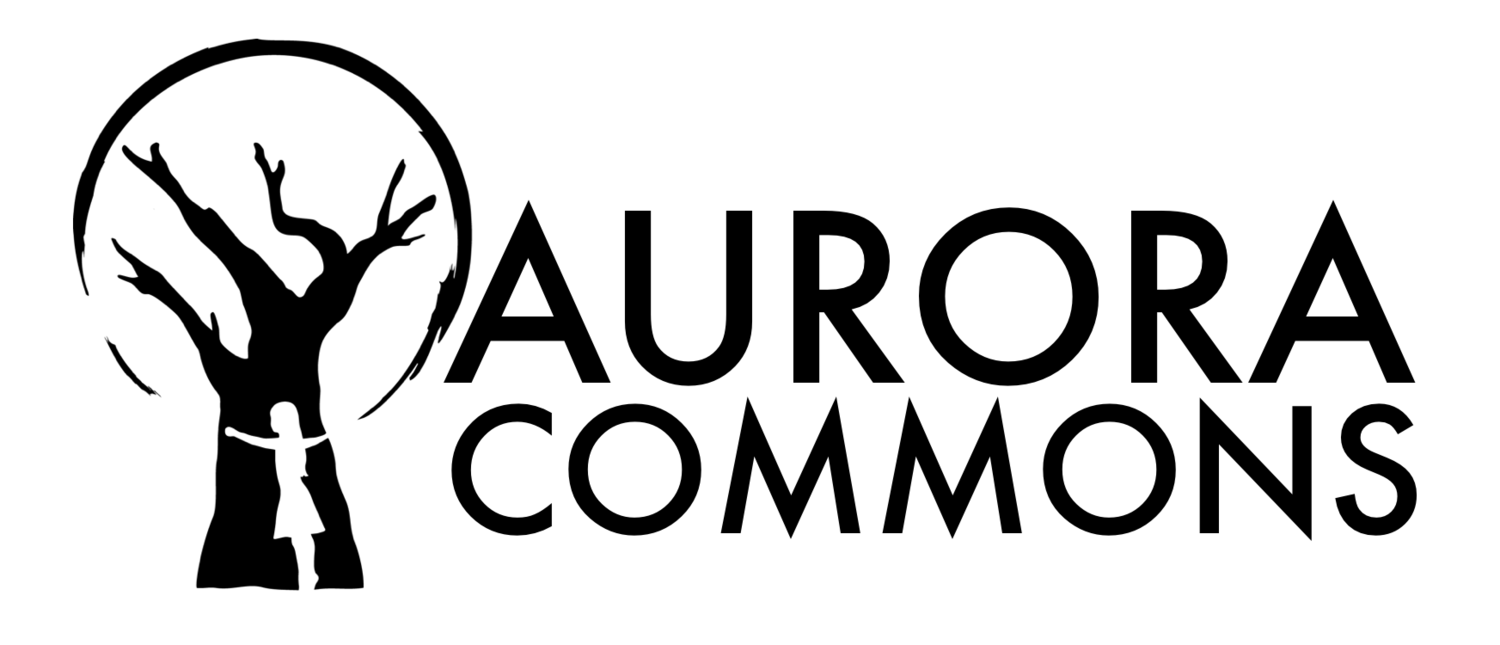In our last fiscal year Luke helped 243 male and gender non-conforming neighbors access resources in the city’s larger social service network, as well as COVID relief funds. Every day Luke connects our unhoused neighbors to vital resources, like a phone or ID, which are necessary for accessing other services that support stability and transformation in their lives. We asked Luke to reflect on his work and time at the Commons.
Why did you want to join the Commons staff?
I have been working with neighbors experiencing homelessness and related trauma for over a decade, having found myself experiencing a few radical encounters with amazing people on the streets of Portland. Even since those days, I have been drawn to people and communities who are trying to think differently about homelessness, addiction, and mental illness, and who prioritize community and relationship over services and systems.
This eventually brought me into contact with the amazing Sparrow Etter-Carlson and the Aurora Commons. I was immediately struck by the mission and values of the Commons, and I saw that something beautiful and unique was happening in this small, unassuming storefront on North Aurora Avenue.
When my life and work brought my family to the Seattle area, I reached out to my old friend Sparrow, as I was starting a new drop in space for our neighbors in Everett. We stayed in touch, even as my work in Everett wound down, and when I heard that Aurora Commons was looking for an advocate for male identifying neighbors, I jumped at the chance to work for this amazing community that had inspired me and my work for many years.
What do you enjoy about working with our male identifying neighbors?
I enjoy the opportunity to get to know these wonderful people. The narrative driven by media, politicians, and other groups within the city of Seattle often paints these neighbors as issues to be dealt with, rather than people who are struggling. They are portrayed as lazy, addicted, and a host of other adjectives that paint these neighbors as people who don’t want help and bother well meaning middle class people.
But the people I get to know do not reflect this narrative. They are wise, resilient people who manage to survive the trauma of the streets and still manage to laugh and joke. They are human beings who have dreams and concerns and joys and struggles just like everyone else.
Yes, the trauma of living on the street, dealing with untreated mental illness, and surviving horrific events leads to some challenging behaviour. Any one of us, having experienced what these neighbors have experienced, would act in challenging ways. That is what trauma does to the human body. But these superficial actions are not one's identity. And we do what we can at the Commons to hold space for people and all that they bring with them.
I am so thankful to work in a space that sees people, and not just their trauma. While at the same time making space for whole people, trauma and all.
Is there anything that these neighbors would want you to share with our community?
I think our neighbors would first want you all to know what I said above, that the narrative of homelessness driven by those in power does not reflect the reality of those living on the street. I hear this almost every day, as I listen to stories from neighbors who have been ignored, rejected, and treated poorly, just because they live on the street and are dealing with the subsequent trauma.
I talk with people every week about what they want to be when they grow up. About what movies and books we both love. About family and friends. About favorite foods and beloved pets. We share about life and love and heartbreak. All of these things cannot be seen when one only sees the shallow painting painted by the broad, sweeping brush of the dominant narrative.
Just today, I sat with someone, who, as we finished up our conversation, asked me if they could be honest. They looked me in the eye and said: “I just want to say thank you. I have been to a lot of places around town, and this is the first time I feel like I have really been seen. As a person, and not just a problem. So thanks. You all are very welcoming”
How have you been impacted by doing this work?
I have been impacted in so many ways through this work. One of the most profound things that has impacted me has been seeing how important it is for us to listen to people who have experienced homelessness, addiction, and mental illness. Having been in conversations for many years with people, from politicians and city leaders, to social workers and nonprofit leaders, I am amazed at how little those with actual lived experience of homelessness are invited to the table.
This work has convinced me that I can’t engage - much less solve or alleviate - any issue unless those most affected by said issue have a place at the table. And not just a place at the table, but we actually LISTEN to them. Let their wisdom guide us. Because as long as we treat people who live outside like issues to be solved, and not neighbors who also have a stake in creating a community in which everyone can thrive, we will continue to see the disconnect that happens when a city engages homelessness.

